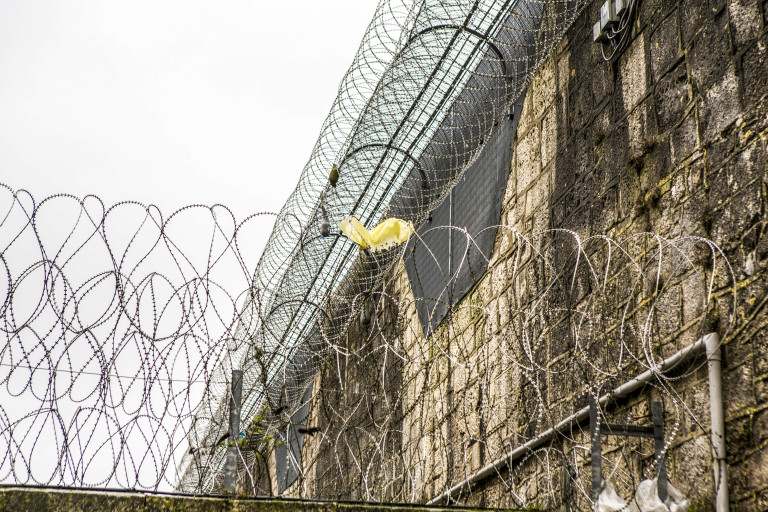Justice and Fairness in Prisons
A fundamental shift in prison culture would make prisons safer and improve outcomes for everyone.

Prisons should be places of justice. We can make society safer by treating people fairly. Treating people in prison with justice and fairness has a ripple effect and helps us to build safer and fairer communities.
A just and fair prison system treats people with consistency, impartiality and respect. A just prison is a place where conflict is resolved and people have the opportunity to turn their lives around. A just prison recognises that punishment is imposed by the courts, and not by the prison.
Most prisons in England and Wales are not places of justice. They are more often places of conflict. Violence has risen to record levels in prisons across England and Wales. In the year to June 2019, there were 94 assaults a day, including assaults on staff. In response, prisons are handing out more punishments than ever before. Yet as the number of punishments handed out increases, so do levels of violence. Alternative approaches which prioritise fairness and break the cycle of violence are urgently needed.
You can read our first briefing on justice and fairness in prisons here. A second briefing was published in November 2020, looking at the use of additional days of imprisonment in 2019 – but also exploring the opportunities for change as prisons emerge from the Covid-19 pandemic.
Follow our Justice and Fairness blog for regular updates and more in-depth exploration of relevant issues.
Everyday fairness in prisons
Everyday unfairness is everywhere in prisons: inconsistent processes, arbitrary decisions, bureaucratic delays, ignored complaints, poor living conditions and the lack of privacy afforded by a shared cell. Things that we take for granted, like being able to make a phone call, are often fraught with difficulty in prison. These conditions lead to prisoners becoming increasingly frustrated which then results in anger and aggression. Prisons should work to minimise these everyday injustices.
Procedural justice
There is a strong link between procedural injustice and rising levels of violence in prisons. Procedural justice is when people perceive processes and decisions to be fair and just. When people in prison do not feel fairly treated, they are more likely to break prison rules. People feel fairly treated when their voice is heard, when they are treated without bias or discrimination and with respect and dignity.
A rights-based approach
Being sent to prison means being deprived of the fundamental right to freedom. That means it is all the more important that other rights do not fall away. Everyone, even prisoners, are entitled to human rights without discrimination. Yet prison environments often compromise rights such as the right to equal treatment, to not be subjected to degrading treatment or punishment, or to education. This is neither fair nor just.
Restorative approaches
Prisons cannot punish their way out of rising levels of violence and conflict. Instead they need to look to innovative, restorative approaches to resolve violence and conflict in prisons.
Adjudications and additional days
Adjudications and additional days are one example of everyday prison policy and practice that fails to meet high standards of justice and fairness. The Howard League will look in detail at improving the justice and fairness of prison disciplinary processes.
Over the coming weeks we’ll be presenting more ideas for each of these areas and what you can do to help.
-
Join the Howard League
We are the world's oldest prison charity, bringing people together to advocate for change.
Join us and make your voice heard -
Support our work
We safeguard our independence and do not accept any funding from government.
Make a donation